Cycling has a variety of benefits, from providing a method of transportation to stress relief. While bike prices have sky-rocketed in what, at times, can feel like an exclusive sport, there are plenty of ways to enjoy life on two wheels without breaking the bank.
To anyone new to cycling, entering a bike shop can be a daunting experience, with seemingly simple bikes commanding four-figure price tags, and clothing costing more than your Sunday best.
While the latest, cutting-edge technology often comes with a top-end price, it isn't necessary if, like most of us, you just want to enjoy the simple joy of cycling.
In this guide, we will outline a budget-friendly introduction to cycling, whether you are looking to commute, join a road club, hit the trails or simply ride around your local park.
What you need to start cycling (and what you don’t)
A bike
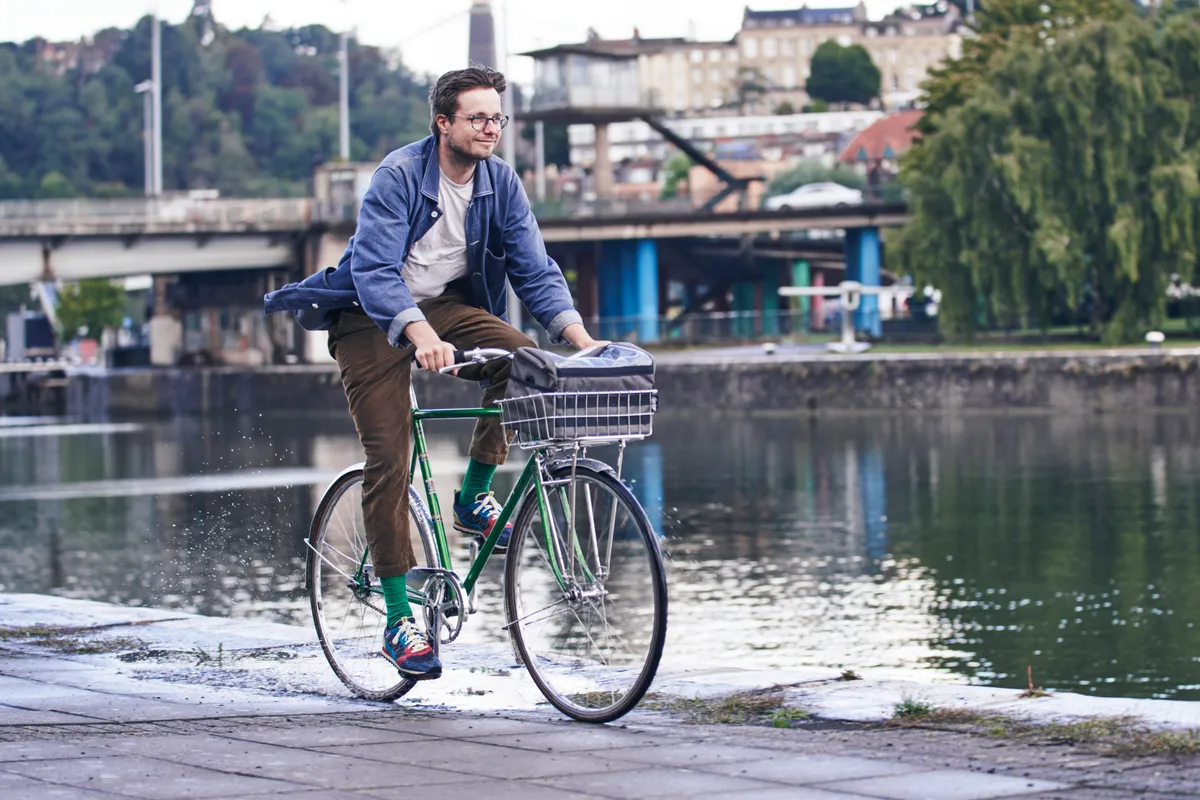
As the old adage goes, the best bike is the one you already have. If you’re picking up cycling again, you don’t need to immediately drop your savings on a new bike.
That said, unless you already own one, the biggest investment into the sport is the initial purchase of a bike.
Both new and second-hand bikes saw price increases during the pandemic, with the market only now beginning to recover from supply issues and consumer demand.
New bikes can be bought for as little as £150 / $120 and provide all you need to get out and enjoy the sport.
‘Serious’ bikes usually start at around £400 / $500 and will feature lighter and more durable components.
If you're looking to spend less, then second-hand is a good option if you know what you're looking for. It’s hard to price second-hand bikes, though commuter bikes can be found for as little as £40 / $45 on online auction houses such as eBay and Facebook Marketplace.
A helmet
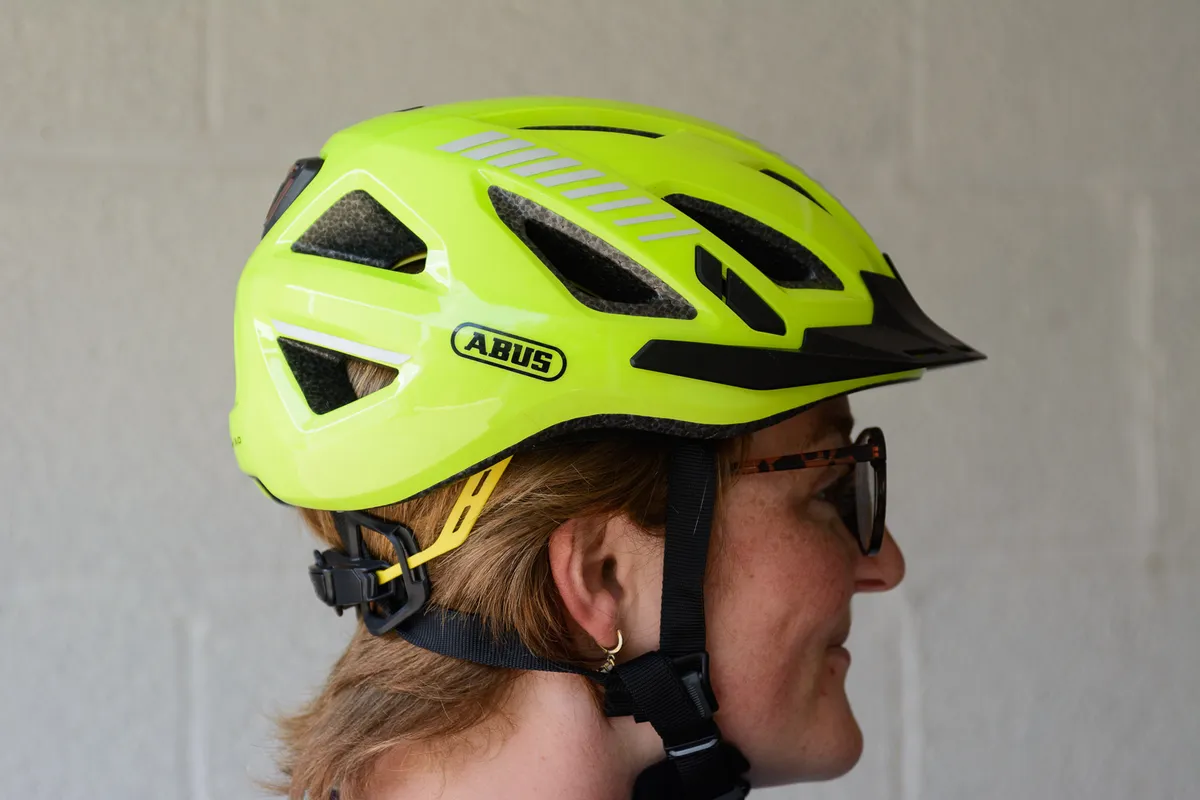
It's strongly recommended that you stay safe by wearing a helmet. Sizing your helmet correctly is important to make sure it offers the best protection in the event of a crash.
All helmets sold in the UK have to be rated to an EN1078 European standard – this includes commuter bike helmets and budget bike helmets, which can be bought for as little as £15 / $10.
More expensive helmets will typically offer added comfort and adjustability, as well as better ventilation.
Some more expensive helmets feature MIPS (or similar) technology, which incorporates an inner layer between the helmet and liner. This is designed to reduce the transfer of rotational motion to your brain.
Cycle-specific clothing
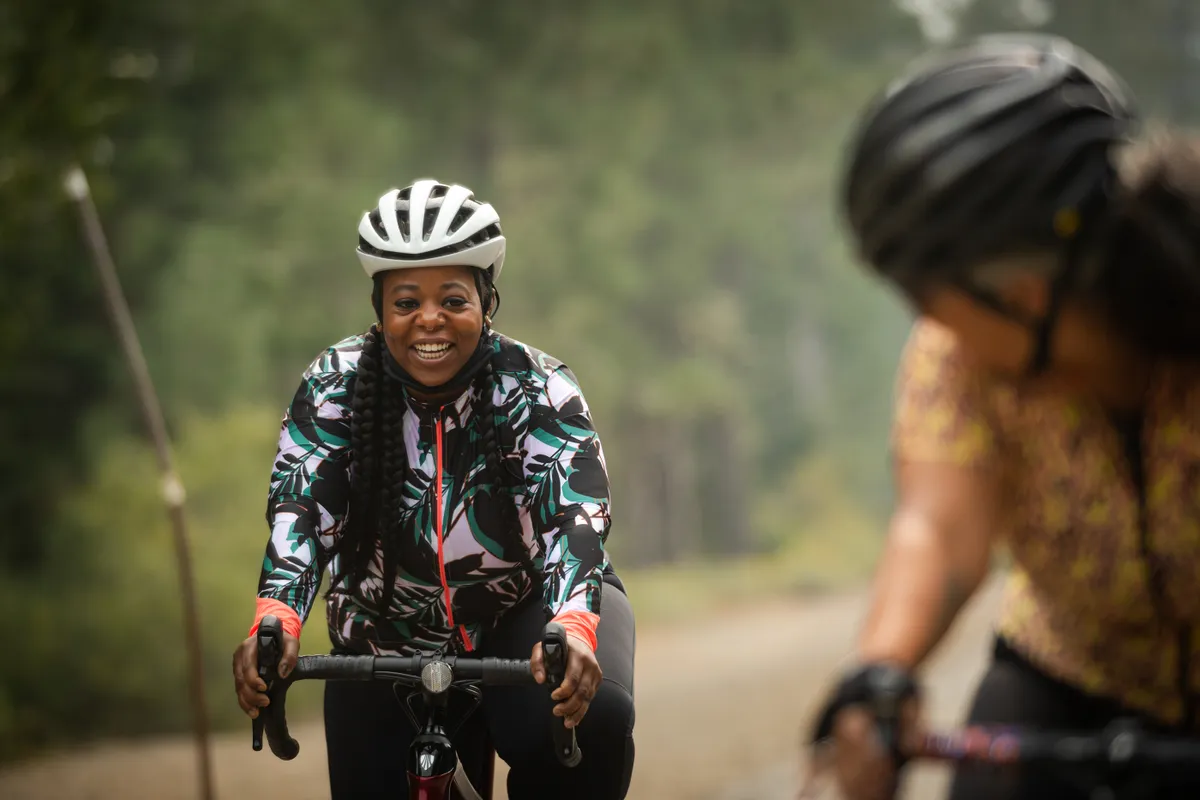
While the variety and price of cycling-specific clothing can present a barrier to entry, in reality you can absolutely get away with the basics when starting out.
If you plan on spending a long time in the saddle, you need a pair of cycling shorts as a minimum. Shorts can be found for £20 / $20 and will keep your derriere comfortable.
It's also worth checking the middle aisle of budget supermarkets – such as Lidl and Aldi – because cycling shorts and other specific clothing often feature as special buy items.
You can save money by skipping on expensive jerseys, and instead, using general active tops made from breathable materials.
In cool or changeable conditions, dressing in layers will enable you to regulate your body temperature when you warm up or the temperature increases.
While expensive aero-cut jackets may be all the rage for the pros, simple lightweight layers – and a windproof or waterproof jacket in inclement weather – will work just fine for general riding.
Learning how to make your cycling kit last longer will help save money in the future.
A pump and puncture repair kit
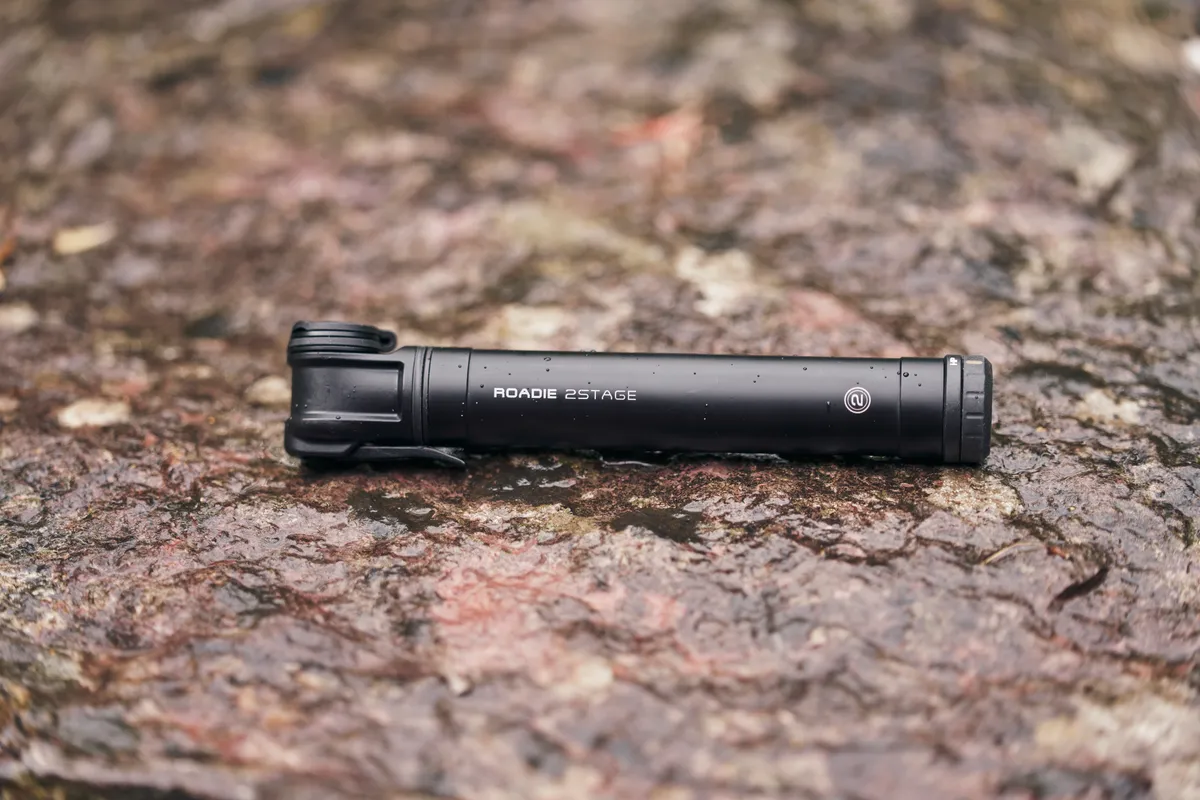
There's nothing worse than being stranded away from home with a flat tyre.
Carrying a bike pump and puncture repair kit will save you from the walk of shame, or getting someone to pick you up.
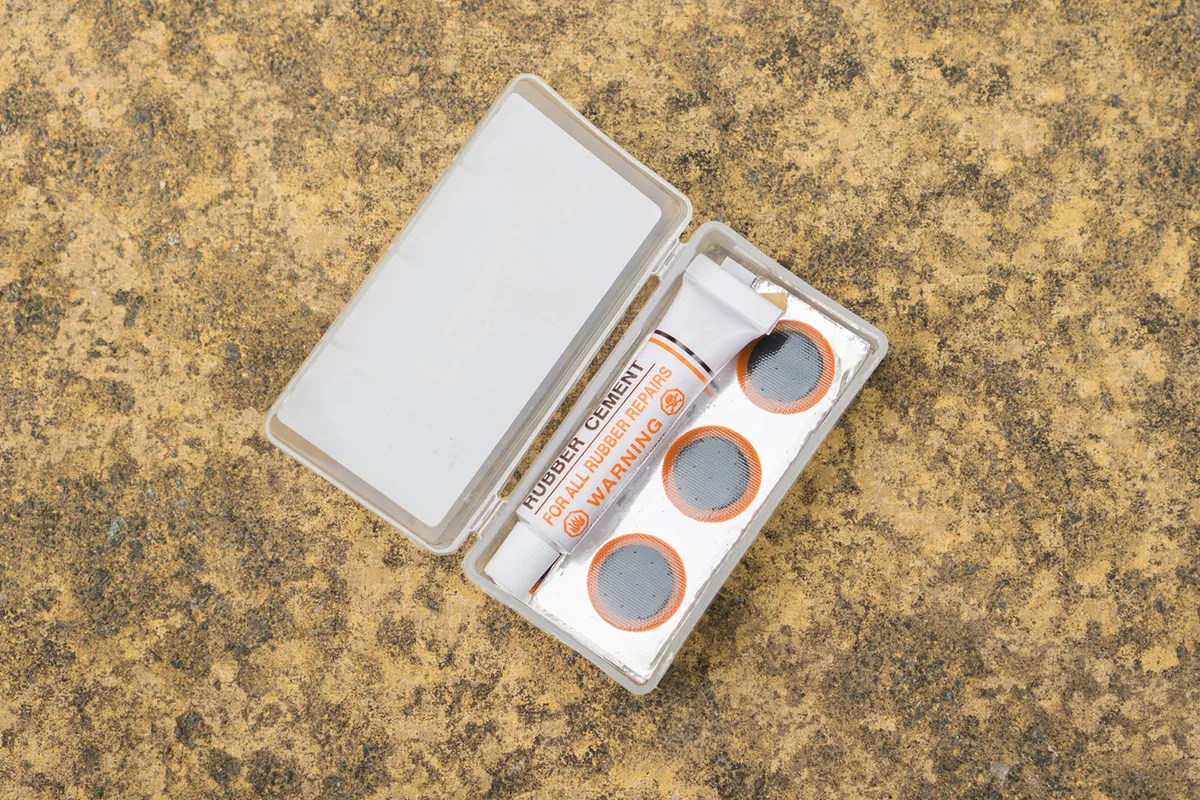
Having a spare tube can save you time when out on a ride. But make sure you fix the punctured tube when you get home to save money on buying new tubes.
Tools
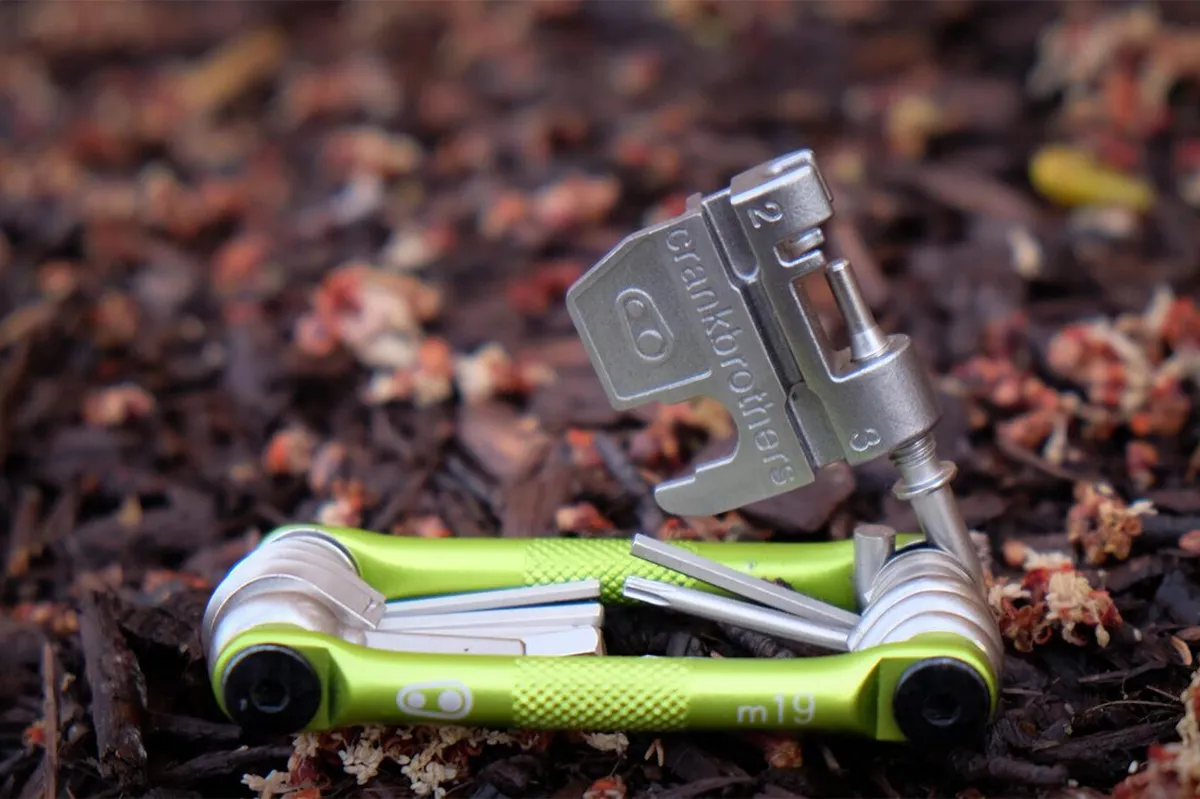
A multi-tool is the ultimate cycle accessory, providing you with enough tools to perform essential maintenance on your bike, such as raising the handlebar or setting saddle height. The best multi-tools will cover you at home or while you are out. Finding one that includes a chain-link remover can reduce overlap in your toolset.
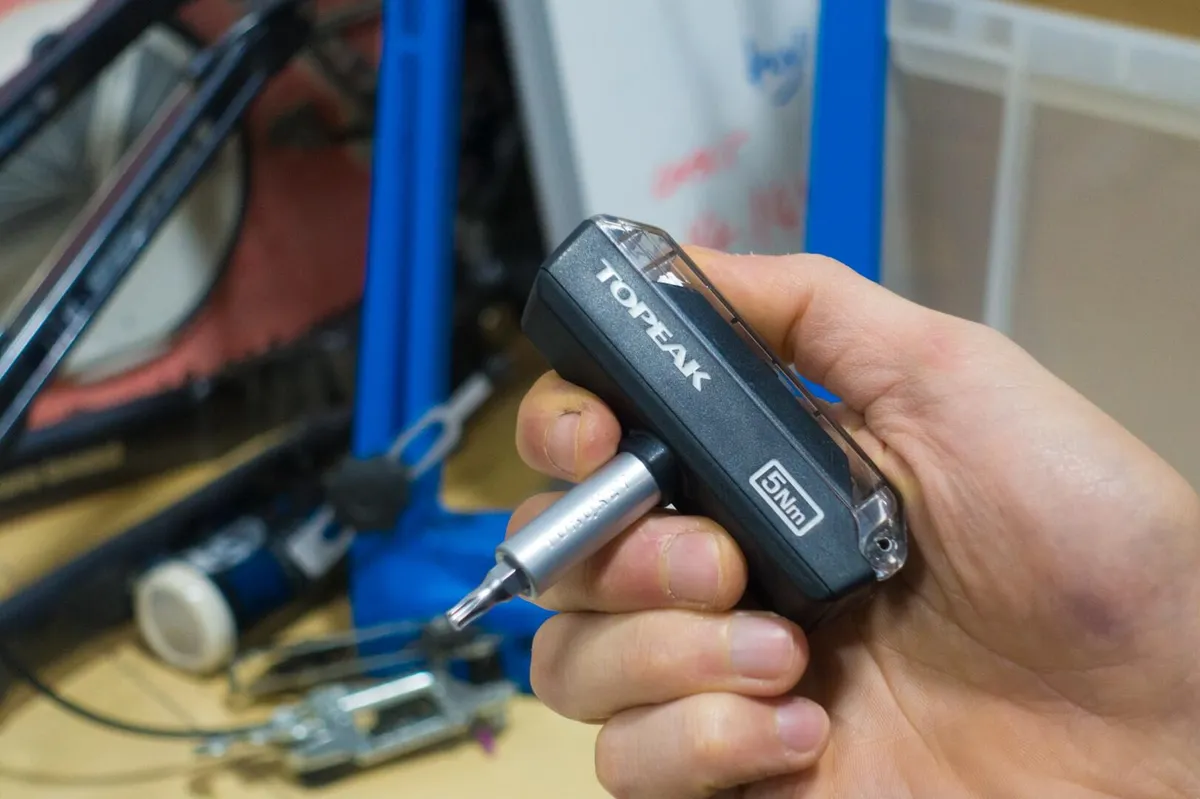
A torque wrench can be a sensible investment if you’re regularly fettling your bike. While you could spend hundreds of pounds, simple torque wrenches are available for around £10 / $10 and can save you from damaging components by over-tightening bolts.
Tools are often available second-hand at good prices. While it’s perfectly possible to build a good home workshop on a budget with new tools, high-quality second-hand tools are a better investment than cheap new ones.
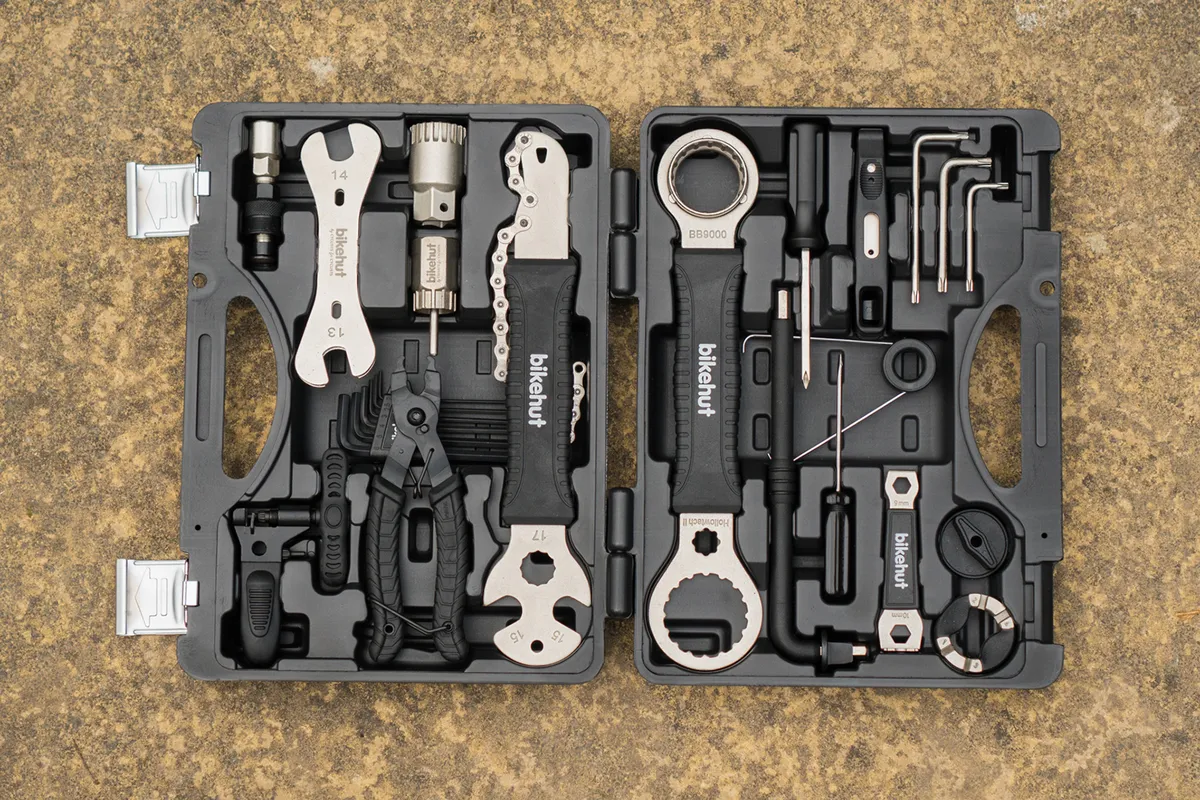
Tool kits also present good value for money, essentially giving you a bulk discount on a variety of tools.
Pedals
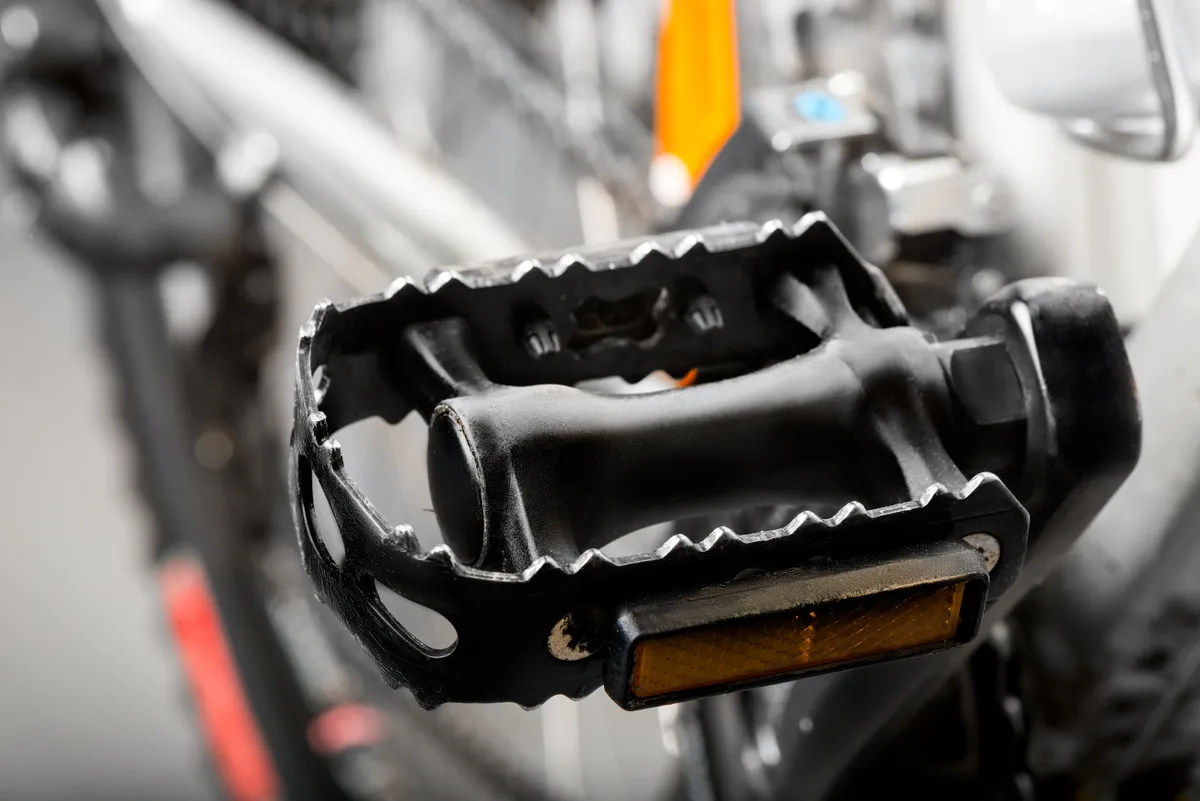
Flat plastic pedals are inexpensive and with some charm (and a pack of biscuits) can be had for free at most bike shops (if you don’t already have a set with your bike).
While these won’t be as efficient or serviceable as more expensive pedals, they will do the job of transferring your power into the crankset.
As your commitment to cycling grows, investing in a set of road bike pedals or mountain bike pedals is a smart move – and, of course, consider going clipless.
Which bike should you choose?
Deciding on the best bike to choose depends on what type of riding you want to do and, of course, your budget. It’s important to be honest about what your intentions are; this way, you can avoid spending on features you may never use.
Hybrid bikes

Hybrid bikes are a good option for those looking for a budget commuter bike. They offer an upright riding position and, in many cases, versatility for fitting mudguards or a rack to carry luggage. They are also some of the most affordable bikes, with new hybrids starting at around £150 / $140.
Mountain bikes
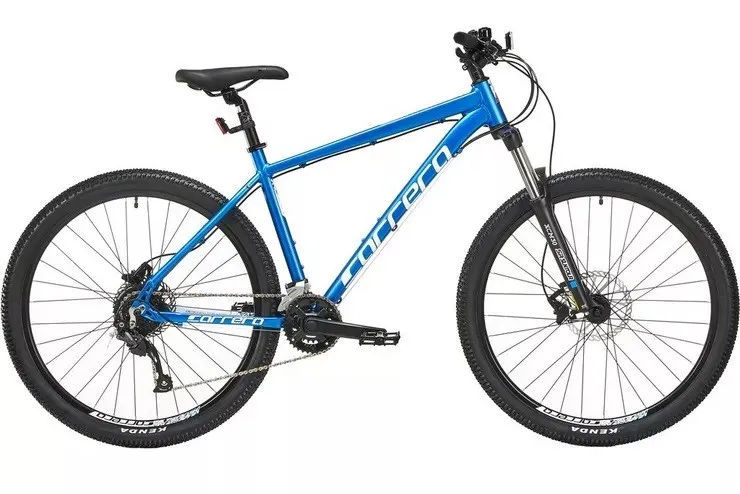
Many budget mountain bikes offer versatility beyond trail riding, with rack mounts and tyres designed for both roads and trails.
Rigid mountain bikes can be found new for £150 / $140 but, if you’re more serious about riding off-road, enthusiast hardtails can be found for around £500 / $550, featuring a front suspension fork and a frame better suited to trail riding.
Road bikes
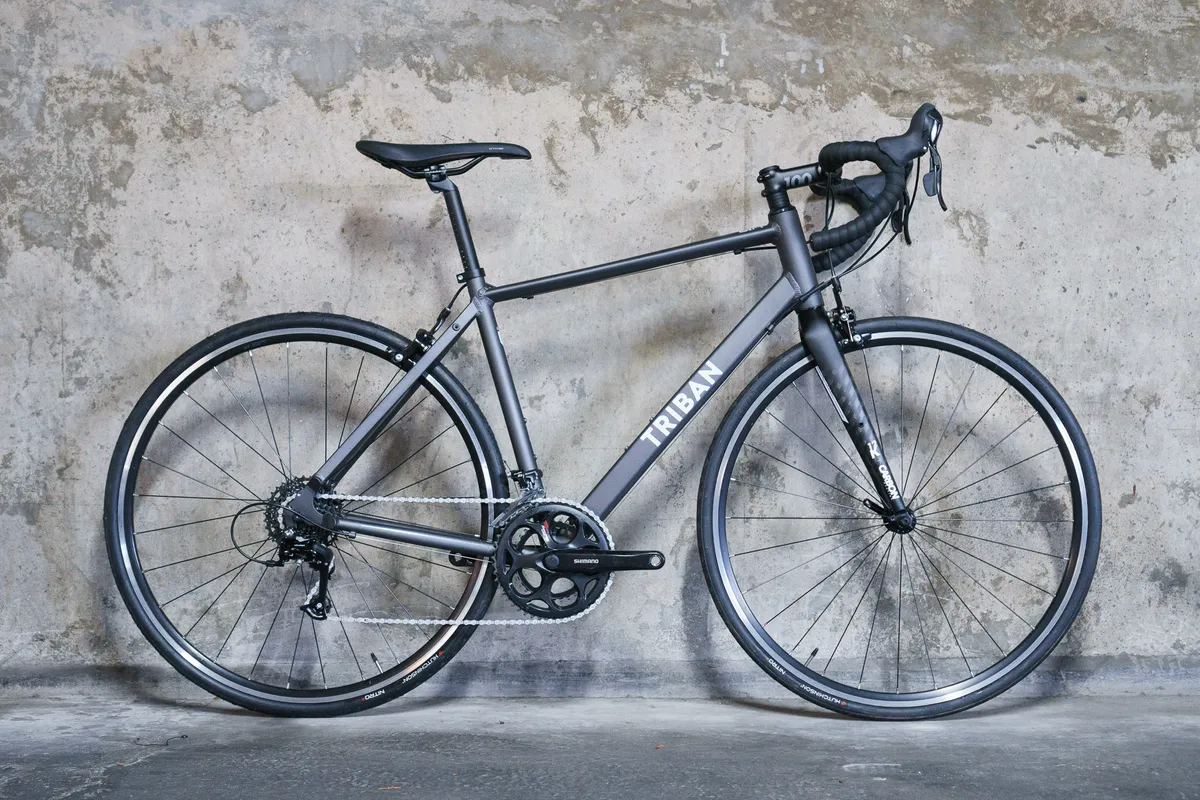
Road bikes offer a significant speed advantage when on the road, with many bikes in the budget segment offering commuter-friendly features such as rack and mudguard mounts.
Basic road bikes can be had for £250 / $200, with good entry-level bikes costing from around £500 / $550.
Gravel bikes
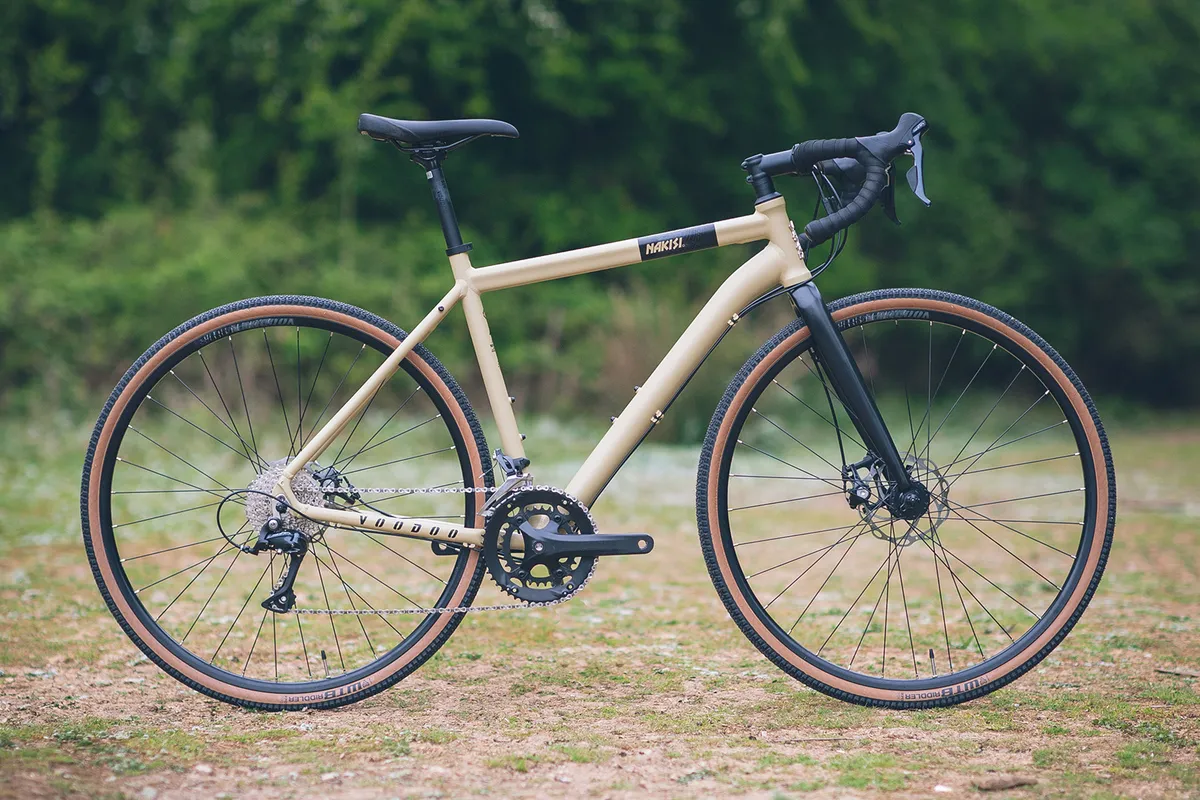
Gravel bikes offer the ability to cover good distances on the road while also giving you the ability to explore dirt roads and light off-road trails.
These bikes have wider tyres than road bikes, to enable that versatility while typically offering a little more comfort over the rough stuff. Budget gravel bikes also start at around £500 / $550.
Where to buy a bike
Depending on your experience, there are many options to consider when looking to buy a bike.
Local bike shop
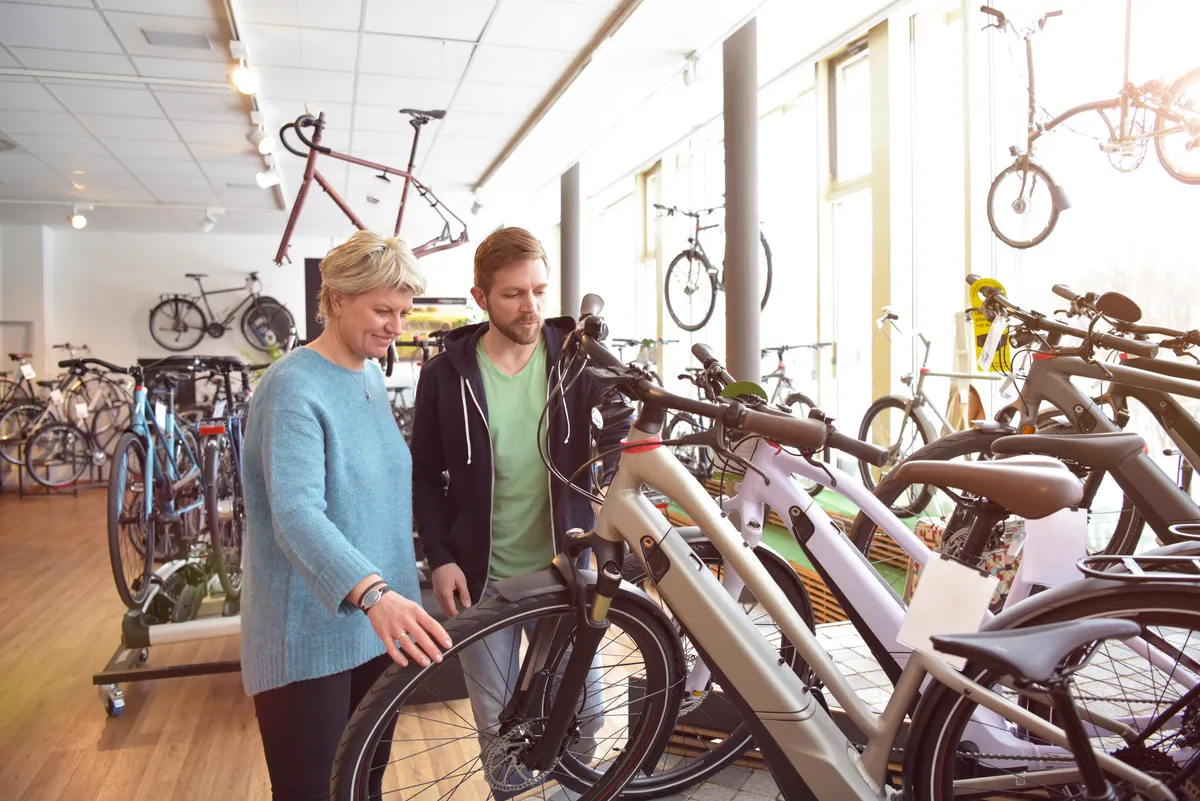
Your local independent bike shop is a good place to start, with knowledgeable staff able to steer you through the minefield of marketing nonsense.
A bike bought from a bike shop will usually receive a pre-delivery inspection before you take it away to make sure it's safe and running correctly.
Some shops will also offer a post-delivery service to tune up your gears after the initial cable stretch and make sure everything is how it should be.
While bike shop prices may be higher than the online market, fostering a relationship with your local bike shop can help you further down the road, especially if you are not mechanically inclined. Loyalty is often rewarded, with discounts available to valued customers.
Online retailer
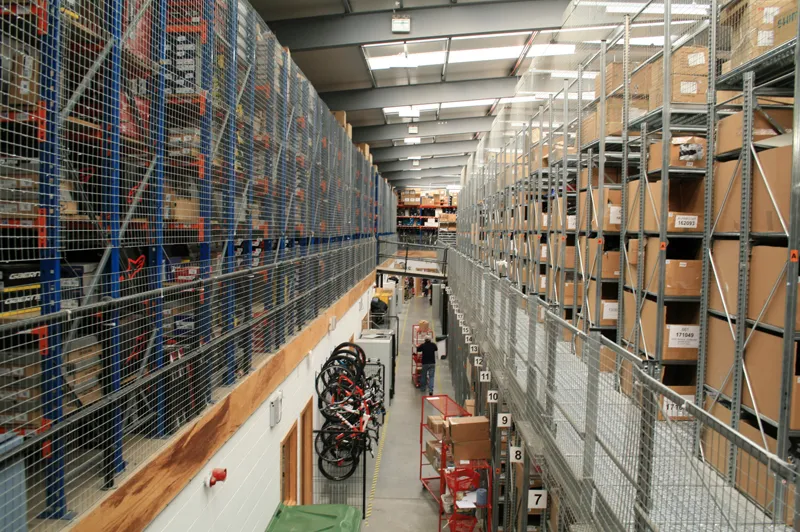
Buying a bike online is a great way to find a bargain, with many online retailers able to offer better prices than brick-and-mortar shops.
Direct-to-consumer brands such as Canyon and YT are able to pass on savings to their customers by cutting out retailers.
As with any online purchase, sizing can be an issue. While geometry charts can give a vague understanding of the size, nothing beats sitting over a bike to see how it feels.
Buying a bike online also means you will have to assemble it yourself or take it to a bike shop for a mechanic to do it for you.
The second-hand market
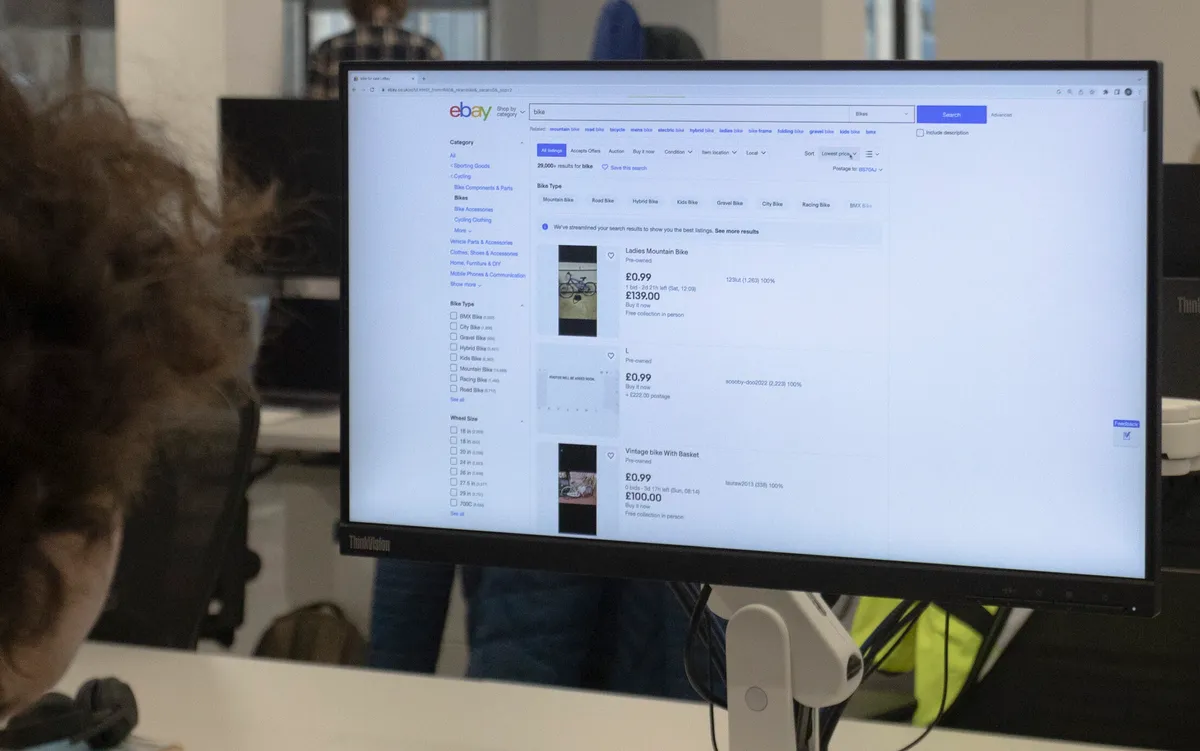
Buying a second-hand bike is a smart choice when it comes to your bank balance, but it’s not without its risks.
There are plenty of bargains lingering around on sites such as eBay, Facebook Marketplace and Craigslist.
Finding a bike that has been well cared for is key, because it can soon seem like less of a bargain when you have to replace components that have quickly worn out. The same goes for buying a bike that’s the right size.
As with anything you buy second-hand, an element of caution is needed to determine a deal from a dud.
Always make sure you perform an M check (this is a simple safety check of key components) on any bike you look at to make sure it is safe to ride.
If this is your first foray into buying a bike second-hand, read our complete guide to buying a used bike.
How to buy a bike
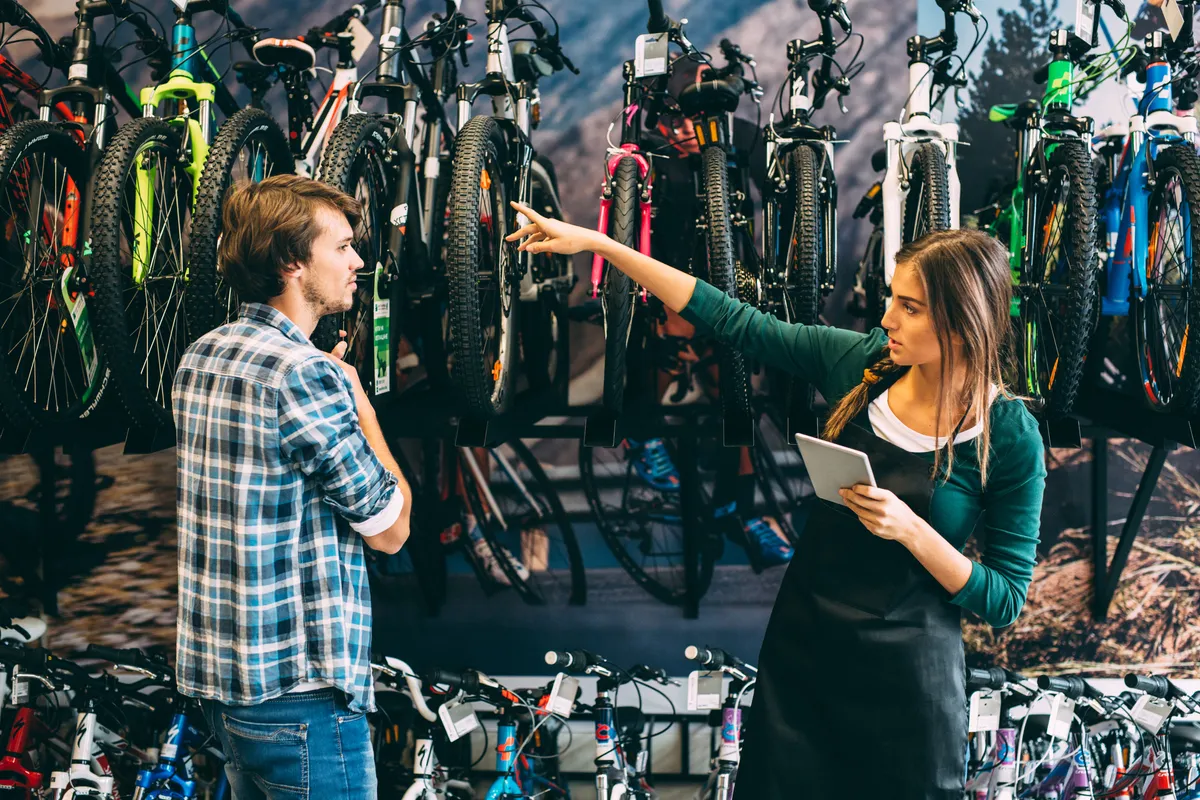
So you’ve decided to buy a bike – what now? While you may prefer to pay by cash or credit card, some retailers and bike brands offer financing options for their bikes.
Buying a bike on finance can be a quick way of getting you on two wheels, because it enables you to spread the cost of payment, though it’s important to only spend what you can afford and to be aware of the risks of missing a payment.
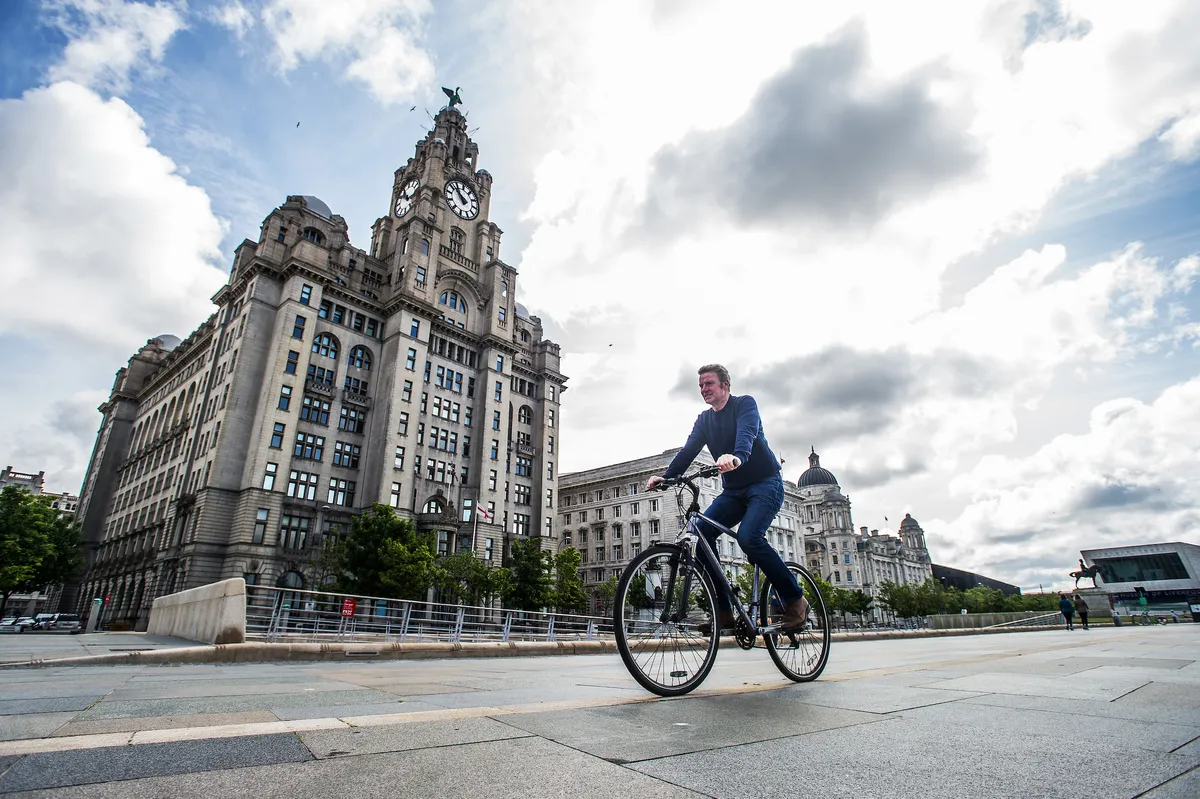
In the UK, some employers offer the Cycle to Work scheme, which enables you to save a significant percentage off the cost of a bike and cycling equipment.
In essence, the employer buys the bike and you hire it from them. Payments for the bike are taken from your salary monthly before income tax and National Insurance, with an option to buy the bike outright at the end of the lease.
If you decide to buy a bike in cash from a bike shop, there may be some room for negotiation in the price (or additional services/discounts offered alongside a large purchase). However, do bear in mind that bricks and mortar retailers face an increasingly tough battle to stay competitive and, understandably, need to protect their margin.
Restoring a bike
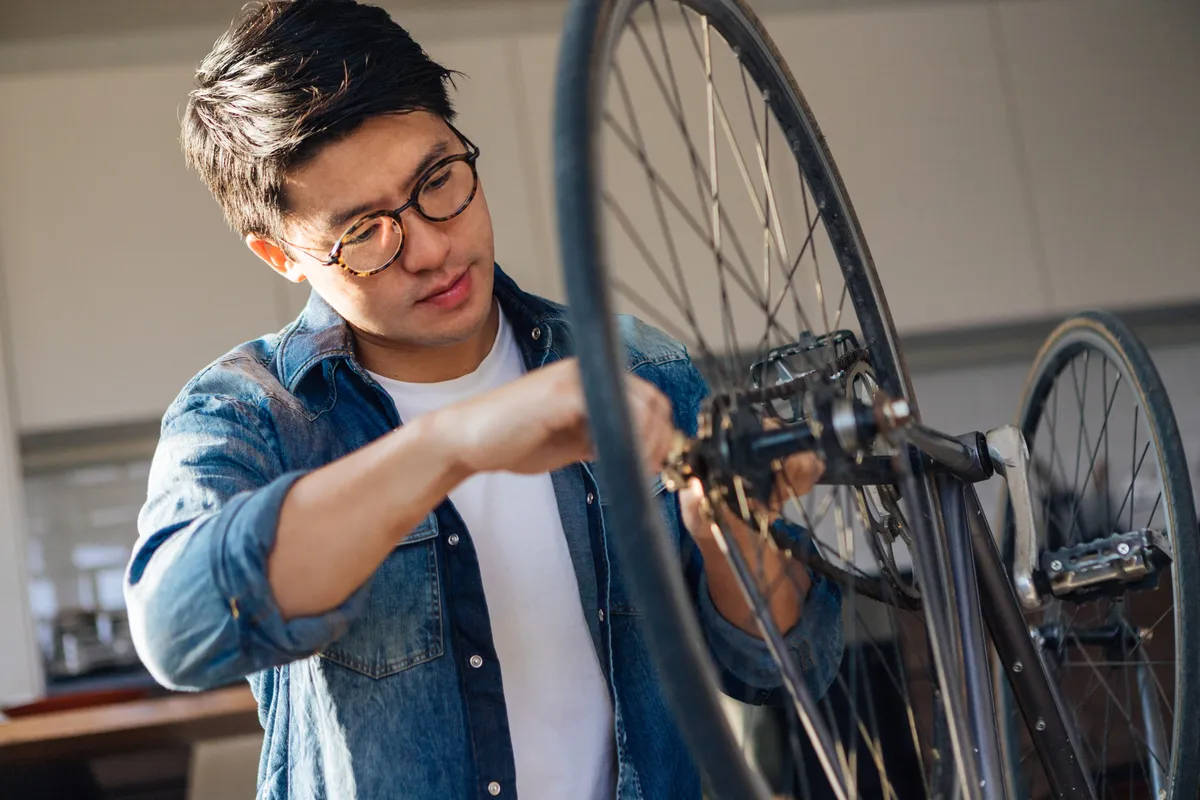
If you already have a bike in your shed or garage, restoring it can save the expense of buying a new one.
Making your old bike feel like new again can require relatively little effort, with something as simple as changing a gear cable or giving it a good clean making a big difference.
If you don’t know where to start or are uncomfortable working on your own bike, then, once again, taking it to your local bike shop is a good option.
Mechanics will have the expertise to point you in the right direction and make sure all the parts you need will fit your bike.
Sometimes, a simple service is all that is needed to get an old bike out on the road.
Where to ride your bike
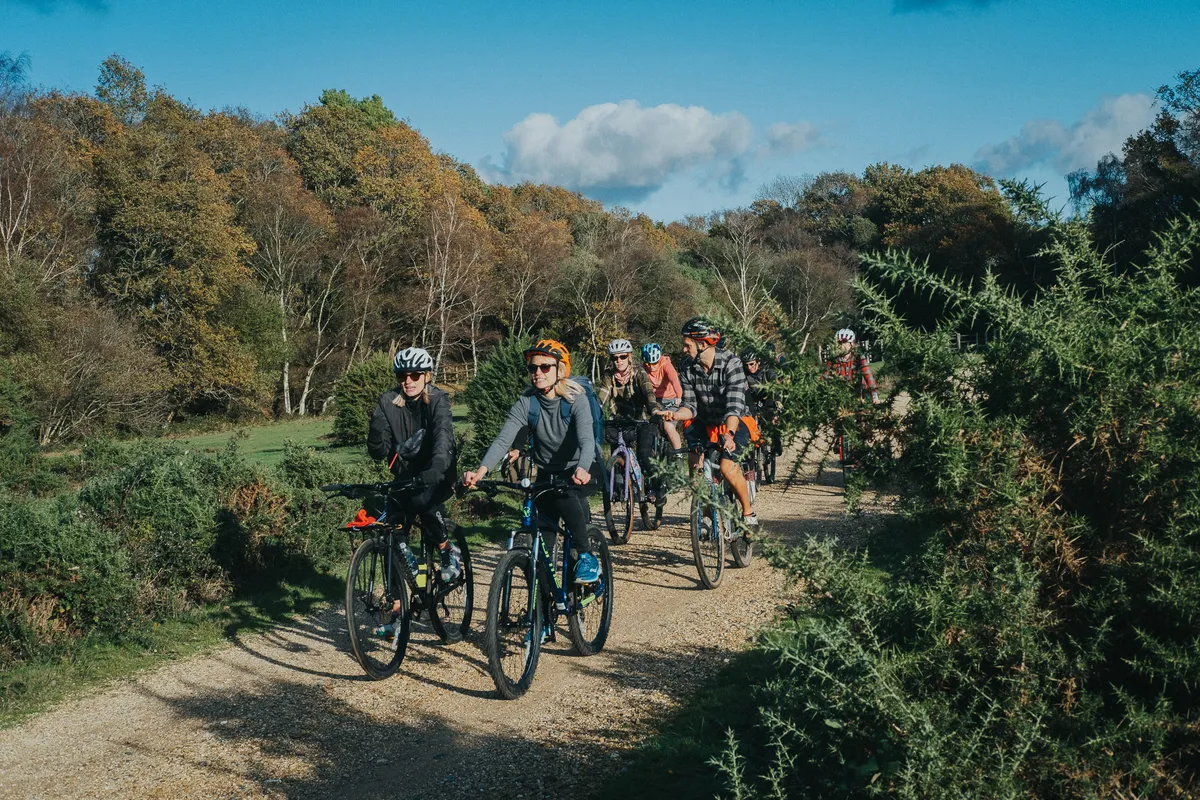
Getting involved with a local club or riding ground can help you find good routes to ride, as well as introduce you to like-minded people.
Clubs can also help you save money, with some offering discounts to bike shops as well as bulk discounts on cycling kits. That’s not to mention the advice that is passed around while out riding.
Apps such as Komoot and Strava are free to use in part (some services require payment) and offer the ability to search for riding routes. This can be especially useful if you want to explore off-road or gravel routes, where it’s harder to know where to go.
